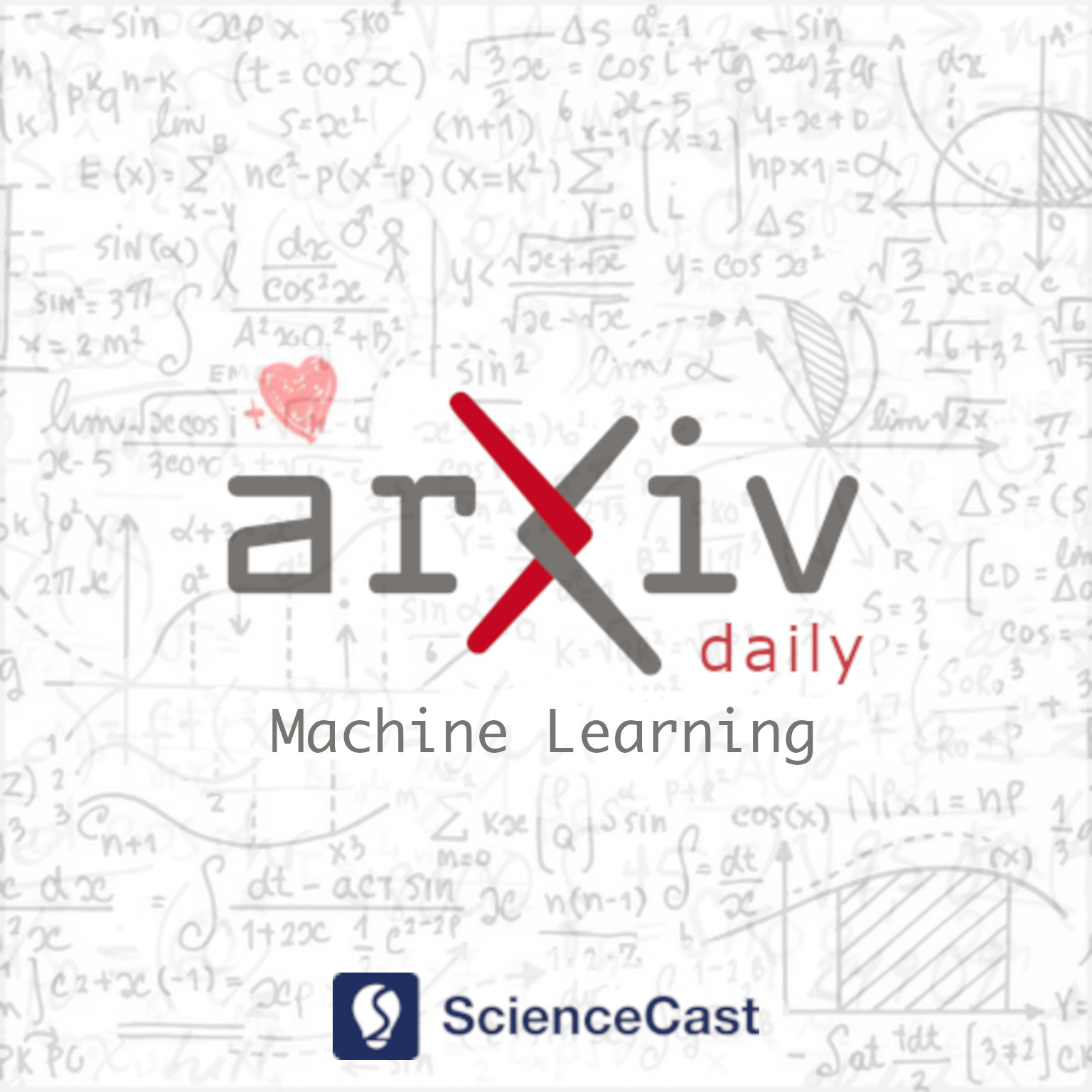
Machine Learning (stat.ML)
Tue, 30 May 2023
1.Perturbation-Assisted Sample Synthesis: A Novel Approach for Uncertainty Quantification
Authors:Yifei Liu, Rex Shen, Xiaotong Shen
Abstract: This paper introduces a novel generator called Perturbation-Assisted Sample Synthesis (PASS), designed for drawing reliable conclusions from complex data, especially when using advanced modeling techniques like deep neural networks. PASS utilizes perturbation to generate synthetic data that closely mirrors the distribution of raw data, encompassing numerical and unstructured data types such as gene expression, images, and text. By estimating the data-generating distribution and leveraging large pre-trained generative models, PASS enhances estimation accuracy, providing an estimated distribution of any statistic through Monte Carlo experiments. Building on PASS, we propose a generative inference framework called Perturbation-Assisted Inference (PAI), which offers a statistical guarantee of validity. In pivotal inference, PAI enables accurate conclusions without knowing a pivotal's distribution as in simulations, even with limited data. In non-pivotal situations, we train PASS using an independent holdout sample, resulting in credible conclusions. To showcase PAI's capability in tackling complex problems, we highlight its applications in three domains: image synthesis inference, sentiment word inference, and multimodal inference via stable diffusion.
2.Adversarial Adaptive Sampling: Unify PINN and Optimal Transport for the Approximation of PDEs
Authors:Kejun Tang, Jiayu Zhai, Xiaoliang Wan, Chao Yang
Abstract: Solving partial differential equations (PDEs) is a central task in scientific computing. Recently, neural network approximation of PDEs has received increasing attention due to its flexible meshless discretization and its potential for high-dimensional problems. One fundamental numerical difficulty is that random samples in the training set introduce statistical errors into the discretization of loss functional which may become the dominant error in the final approximation, and therefore overshadow the modeling capability of the neural network. In this work, we propose a new minmax formulation to optimize simultaneously the approximate solution, given by a neural network model, and the random samples in the training set, provided by a deep generative model. The key idea is to use a deep generative model to adjust random samples in the training set such that the residual induced by the approximate PDE solution can maintain a smooth profile when it is being minimized. Such an idea is achieved by implicitly embedding the Wasserstein distance between the residual-induced distribution and the uniform distribution into the loss, which is then minimized together with the residual. A nearly uniform residual profile means that its variance is small for any normalized weight function such that the Monte Carlo approximation error of the loss functional is reduced significantly for a certain sample size. The adversarial adaptive sampling (AAS) approach proposed in this work is the first attempt to formulate two essential components, minimizing the residual and seeking the optimal training set, into one minmax objective functional for the neural network approximation of PDEs.